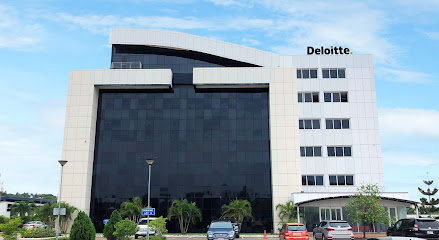Political Interference and Poor Transparency Issues Hinder Oil Exploration in Ghana, Deloitte Survey Finds
This idea garnered support from 16 of the 55 respondents, pointing to a potential pathway for strengthening the sector.
- Advertisement -
Deloitte’s October 2024 Oil and Gas Industry Survey highlights political interference and poor transparency as the most significant barriers to oil exploration in Ghana, with 45 percent of industry stakeholders identifying these issues as key concerns.
Despite these challenges, optimism persists around the country’s deepwater basins, which 73 percent of respondents see as the most promising area for future exploration.
- Advertisement -
The survey also suggests that fostering joint ventures between the government, international oil companies (IOCs), and local Ghanaian firms could enhance collaboration in exploration efforts.
- Advertisement -
This idea garnered support from 16 of the 55 respondents, pointing to a potential pathway for strengthening the sector.
However, broader challenges continue to weigh on Ghana’s petroleum industry. High tax rates remain a pressing issue, with 46 percent of participants indicating that elevated taxation is eroding profitability and competitiveness.
A further 42 percent have called for a tax amnesty, arguing it would help create a more favourable environment for business.
- Advertisement -
Currency shortages represent another significant constraint, with nearly 80 percent of respondents reporting difficulties in accessing foreign exchange, compounded by high exchange rates.
Stakeholders are urging the Bank of Ghana to address the forex crunch, which has become a serious impediment to business operations.
Despite these headwinds, local content regulations are largely seen as effective, with 91 percent of respondents viewing them as sufficient in promoting Ghanaian participation while not discouraging foreign investment.
Additionally, Environmental, Social, and Governance (ESG) practices are increasingly under scrutiny, with a strong rating of 4.22 emphasising the growing demand for transparency and corporate accountability in environmental and social matters.
Source:norvanreports.com
- Advertisement -


